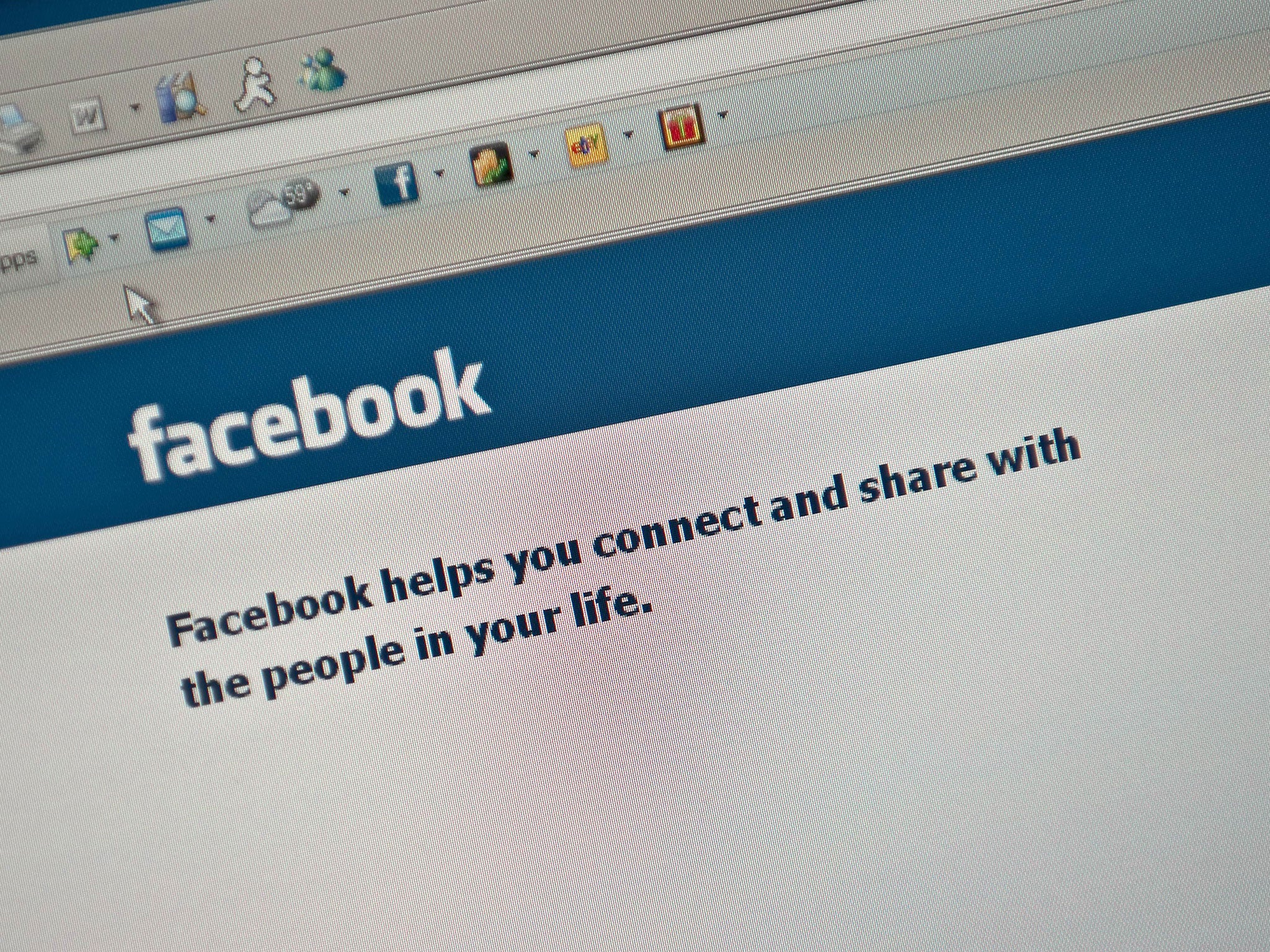Lying on Facebook causes paranoia and memory problems
Making things up on social media makes people feel like they have to live up to them — potentially causing personal problems

Lying on Facebook is common — but doing so could cause paranoia and memory problems.
A poll has found that two-thirds of web users distort the truth on their online profiles — ranging from small fibs about what they’ve been up to, through to much bigger ones like invented relationships and holidays. A fifth of people between 18 and 24 said their profiles bear no resemblance to reality.
But the lying can cause strain, as users attempt to keep up with the lies they have told and live up to the image that they project. Three out of ten users, for example, said that they couldn’t live up to the idea of themselves that they project online, according to a poll from online diary site Pencourage.
And the lies can get mixed up with reality in people’s memory — one in six people in the poll said that their memory of events described on their profile is compromised.
Psychologist Richard Sherry said that the desire to present the best version of yourself is understandable but can bring with it problems.
“The dark side of this social conformity is when we deeply lose ourselves or negate what authentically and compassionately feels to be 'us', to the degree that we no longer recognise the experience, our voice, the memory or even the view of ourselves,” he said, commenting on the study for Pencourage.
“When this starts to happen, feelings of guilt and distaste towards ourselves can create a cognitive trap of alienation and possibly even a sense of disconnection and paranoia.”
Join our commenting forum
Join thought-provoking conversations, follow other Independent readers and see their replies
Comments
Bookmark popover
Removed from bookmarks